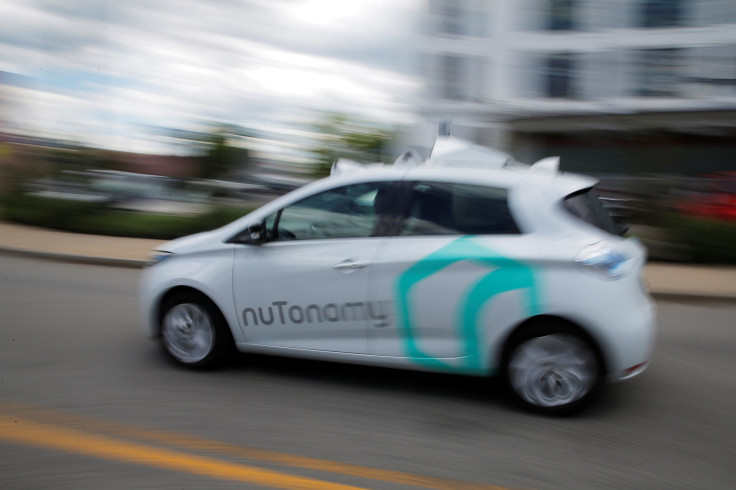Self-Driven Cars May Be Susceptible To Hacking, Ransomware

Cars are becoming more connected and smarter with computer interfaces and internet connectivity. But the connectivity options also put them at a larger risk of getting hacked.
Self-driving cars — that have automated features — are at a higher risk of hacking than the semi-autonomous vehicles, and this can even endanger the passengers’ lives. A self-driven vehicle is mostly data dependent for maps and obstacles detection information, and this means that we need tighter protocols to ensure the safety of riders.
Trending: Malia Obama, Former First Daughter, Spotted Enjoying Time With New ‘Mystery Guy’
While fully autonomous cars may not be a reality in near future, semi-autonomous cars such as the Nissan Leaf and Tesla Model 3 are already available in the market. The problem is many of these cars use outdated technology that can be easily targeted by the hackers. The Nissan Leaf, for example, uses the Infineon chip as its baseband chip to manage the onboard radios.
This is the same chip that was used by first-generation Apple iPhone, and can be easily hacked, according to a research paper, Baseband Attacks: Remote Exploitation of Memory Corruptions in Cellular Protocol Stacks. The paper has been authored by Ralf-Philipp Weinmann, a postdoctoral researcher at the University of Luxembourg.
At the hacker conference, Def Con 2017, held in Las Vegas between July 27 and July 30, McAfee researchers Mickey Shkatov, Jesse Michael and Oleksandr Bazhaniuk warned the chip could even be used to send ransomware to the cars.
While the hack can be prevented by using software updates issued by the carmakers, not all the users would promptly install all the software updates. Moreover, software updates cannot essentially plug all the vulnerabilities as in the case of devices such as smartphones and personal computers.
Connected cars are more susceptible to hacking than devices such as smartphones as they use multiple chipsets. When it comes to self-driven vehicles, the situation becomes even more critical.
All automotive companies work on a supply chain mechanism to manufacture the vehicles. In the case of self-driven vehicles, the companies would have to import multiple chipsets and compatible hardware. New supply chain mechanisms would have to be developed for quality control and more importantly, user-protection.
Popular Now: ‘Big Brother’ Season 19: Jessica Jeopardizes Her Safety By Calling Josh ‘Fat’?
The technology is racing ahead at warp speed but the government is yet to figure out security protocols and guidelines for these car systems. While the self-driven cars are expected to hit the roads in 2021, we are clueless about the technology that can secure them or the security protocols.
And what if you get hacked? Or worse, if you get injured in an accident due to a hacked system? We don’t know who would be held responsible — the carmaker or the vehicle owner. Besides, another issue is location tracking. Since the information about the rider's location would be remotely available, an attached system could leak out the data putting the rider at risk.
© Copyright IBTimes 2024. All rights reserved.











